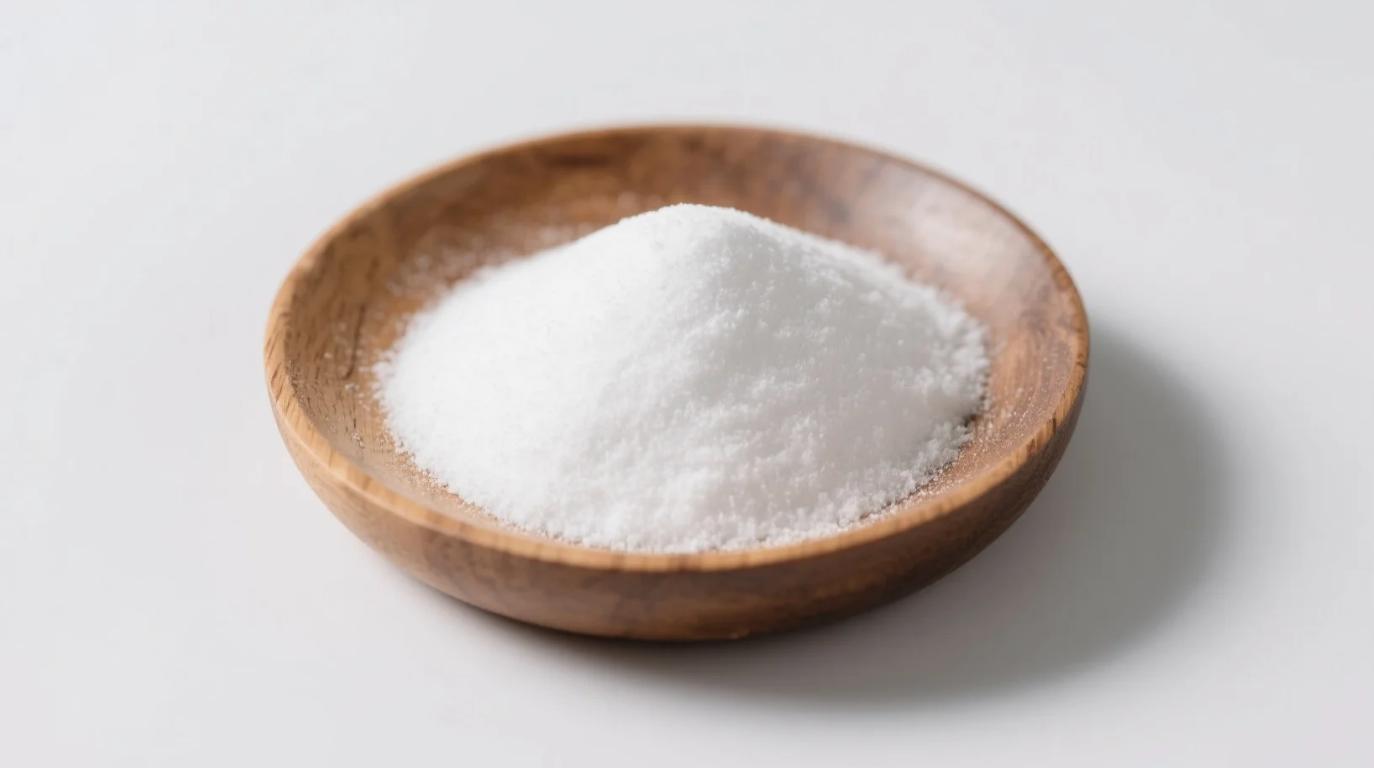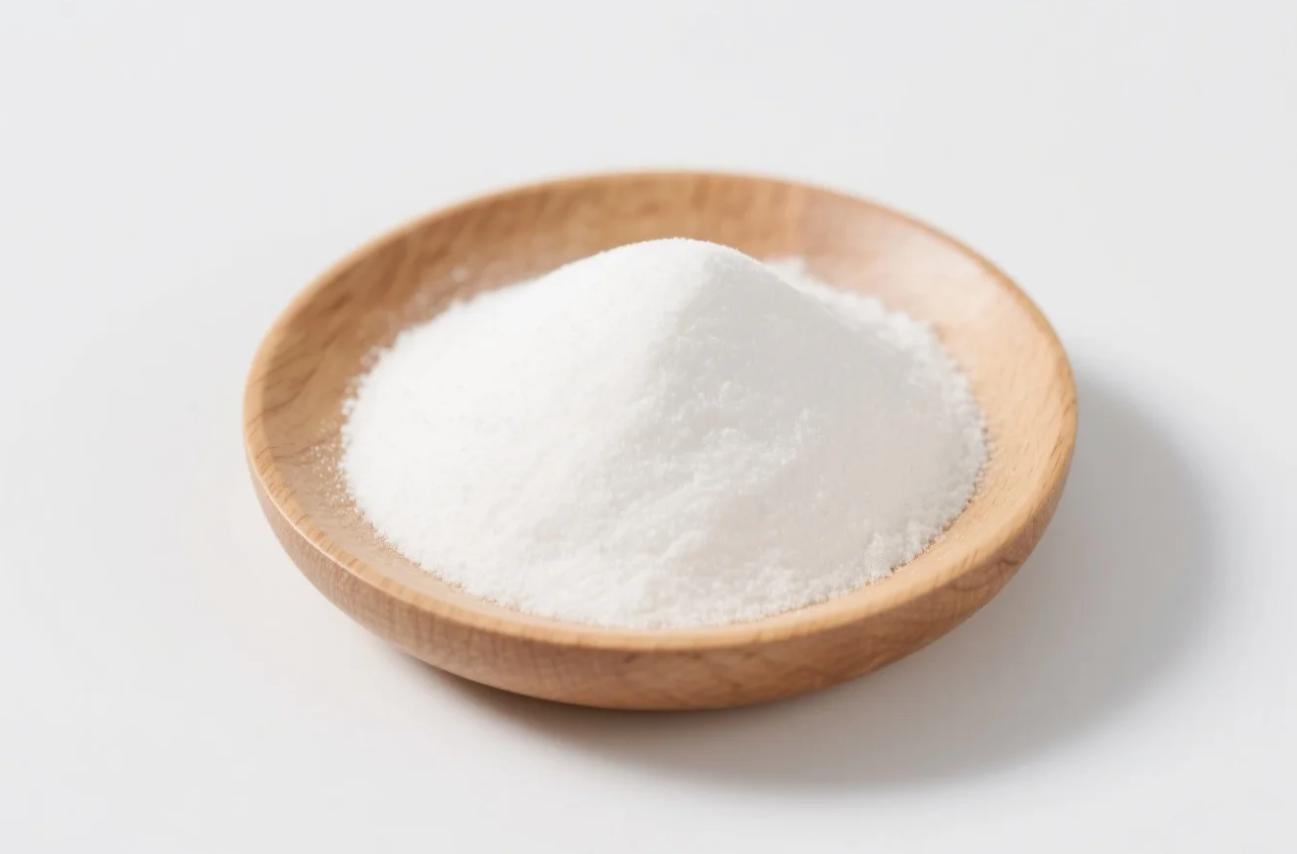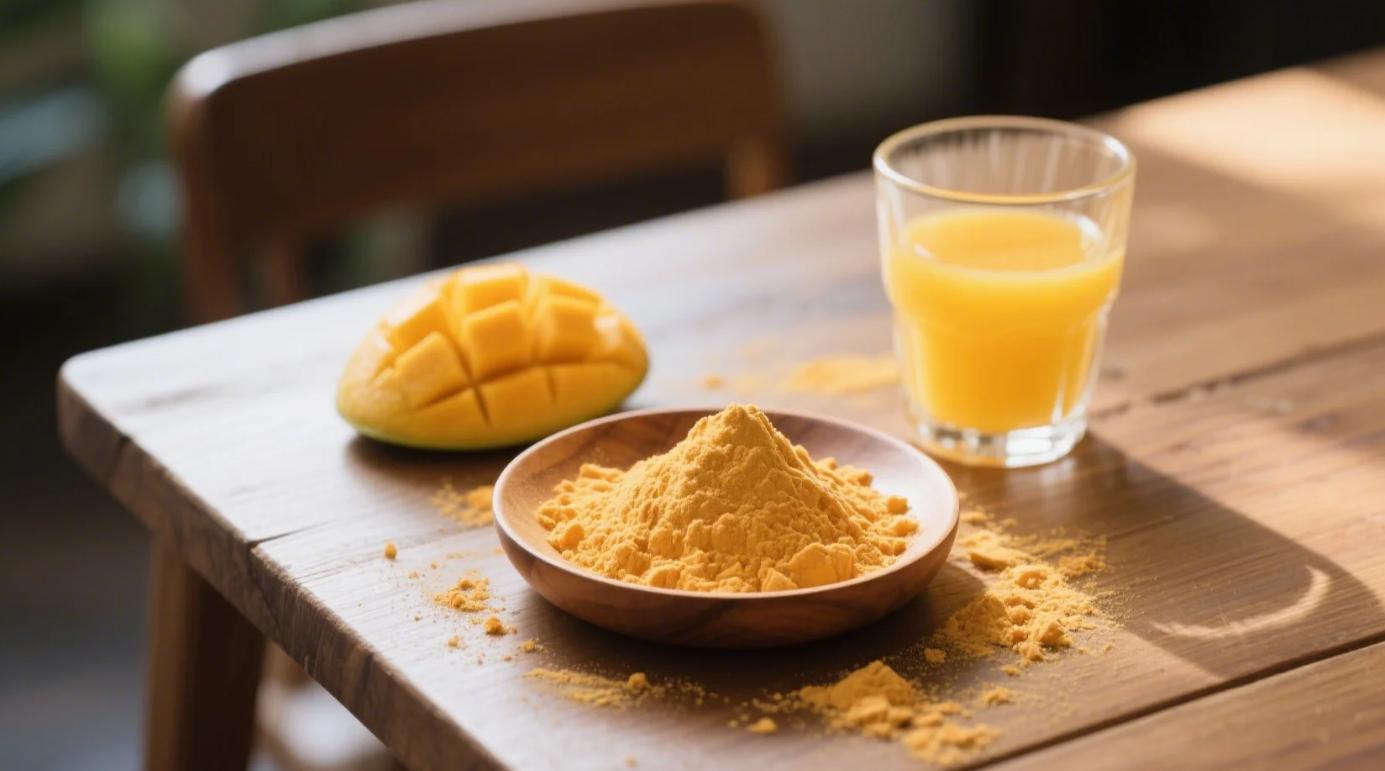Table of Contents
The debate between plant-based and animal-based proteins is ongoing, and for good reason. When it comes to popular protein powders, organic hemp seed protein powder (often called hemp protein or hemp powder) and whey protein are two major contenders. But if you’re wondering, “Is hemp protein better than whey protein?” the answer isn’t a simple yes or no. It truly depends on your individual health goals, dietary needs, and ethical considerations.
Let’s break down the key differences to help you decide which protein might be “better” for you.
Protein Quality & Amino Acid Profile
Both hemp protein and whey protein are excellent sources of protein, but their amino acid profiles differ:
- Whey Protein:
- Pros: Whey (derived from milk) is a complete protein, meaning it contains all nine essential amino acids. It’s particularly rich in BCAAs (Branched-Chain Amino Acids), especially leucine, which is crucial for stimulating muscle protein synthesis. Whey is renowned for its rapid digestion and absorption, making it a popular choice for post-workout recovery.
- Cons: Not suitable for those with lactose intolerance or dairy allergies. It’s an animal-derived product, which doesn’t align with vegan or vegetarian diets.
- Organic Hemp Seed Protein Powder:
- Pros: Hemp protein is also a complete protein, containing all nine essential amino acids. While its BCAA content is slightly lower than whey, it’s still significant. It’s known for being highly digestible due to its edestin and albumin content.
- Cons: It has slightly less protein per serving compared to highly concentrated whey isolates. Its lysine content is generally lower than whey, though easily complemented by other foods in a varied diet.
Verdict on Protein Quality: For pure muscle protein synthesis, whey often has a slight edge due to its higher BCAA (especially leucine) content and rapid absorption. However, hemp protein is an excellent complete plant-based alternative that supports muscle repair effectively.
Digestibility and Gut Health
How well a protein is digested can impact comfort and nutrient absorption:
- Whey Protein: Can be very rapidly absorbed. However, for those with lactose intolerance, it can cause digestive upset (bloating, gas). Whey concentrate contains more lactose than whey isolate or hydrolysate.
- Organic Hemp Seed Protein Powder: Generally very easy on the digestive system. Its natural fiber content can actually aid digestion, and its protein is highly digestible. It’s naturally dairy-free and hypoallergenic.
Verdict on Digestibility: If you have dairy sensitivities or are prone to digestive upset from protein powders, hemp protein is often a much gentler and more gut-friendly option.
Additional Nutritional Benefits
Protein powders aren’t just about protein; they offer a range of other nutrients:
- Whey Protein: Typically low in fat and carbohydrates (especially isolates). Some fortified versions may include vitamins and minerals.
- Organic Hemp Seed Protein Powder: This is where hemp truly shines beyond just protein. It offers:
- Balanced Omega Fatty Acids: Contains an ideal ratio of Omega-3 and Omega-6 essential fatty acids, crucial for inflammation regulation and overall health.
- Dietary Fiber: Provides beneficial fiber, supporting digestive health and satiety.
- Rich in Minerals: A natural source of magnesium, iron, and zinc.
- Antioxidants: Contains natural antioxidants like Vitamin E.
Verdict on Additional Nutrients: Hemp powder offers a broader spectrum of naturally occurring vitamins, minerals, healthy fats, and fiber that whey protein typically lacks.
Allergen Profile & Dietary Suitability
- Whey Protein: A common allergen (dairy). Not suitable for vegan, vegetarian, or lactose-free diets.
- Organic Hemp Seed Protein Powder: Highly hypoallergenic. Free from dairy, soy, gluten, and common nuts. Perfectly suited for vegan, vegetarian, and allergen-sensitive diets.
Verdict on Allergens & Diet: For individuals with allergies or specific dietary preferences (vegan, vegetarian), hemp protein is a clear winner.
Sustainability & Ethics
- Whey Protein: Derived from dairy, its production has a higher environmental footprint compared to most plant proteins.
- Organic Hemp Seed Protein Powder: Hemp is an incredibly sustainable crop. It requires minimal water, few pesticides, and can even enrich the soil. Choosing organic hemp protein further reinforces its eco-friendly credentials.
Verdict on Sustainability: Hemp protein is a significantly more environmentally friendly and ethical choice.
So, is hemp protein better than whey protein?
- Choose Whey If: Your sole priority is rapid muscle protein synthesis post-workout, you have no dairy sensitivities, and environmental impact is not a primary concern.
- Choose Organic Hemp Seed Protein Powder If: You need an allergen-friendly, gut-friendly, complete plant-based protein that offers a broader spectrum of natural nutrients (Omegas, fiber, minerals), and you prioritize sustainability and clean label ingredients.
Both are excellent protein sources, but hemp protein often offers a more holistic nutritional package with a superior allergen and environmental profile.
Which protein aligns best with your health and values?
You might also like
Organic Dextrose Powder
A simple, naturally derived sugar from organic corn starch, offering clean sweetness, rapid energy, and…
Organic Maltodextrin Powder
Organic maltodextrin with DE 8–20 range, neutral taste, high solubility, and multiple functional uses.
Organic Glucose Syrup
A pure, viscous liquid sweetener derived from organic corn starch, offering balanced sweetness, excellent body,…




